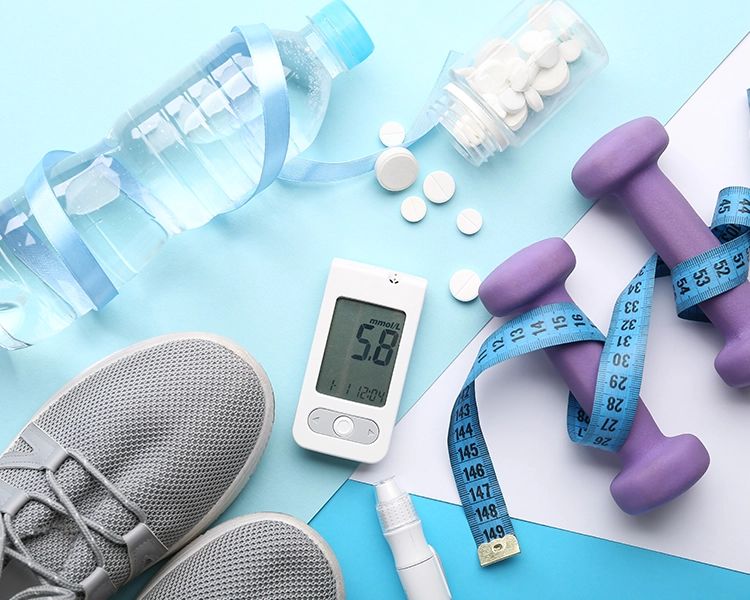Key takeaways
- Lifestyle medicine can prevent or reverse type 2 diabetes in many cases.
- It focuses on six pillars: nutrition, activity, sleep, stress, substance avoidance, and social support.
- Programs like DPP show up to 58% diabetes risk reduction with lifestyle changes.
- Many individuals reduce or stop medication through consistent lifestyle changes.
- Lifestyle medicine is evidence-based and can work alongside medical treatment.

How was the experience with the article?
We'd love to know